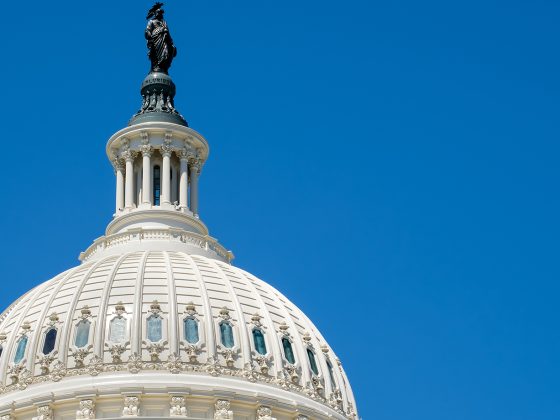In the rapidly-evolving landscape of artificial intelligence, the role of neutral countries, such as Switzerland, takes on newfound significance. These countries, given their unique position in the global political framework, have the potential to serve as unbiased stewards of global AI regulation.
Switzerland’s rich history of neutrality and diplomacy offers a trustworthy and stable platform from which to navigate the complexities of AI legislation. It isn’t bound by the unilateral interests of a single, dominant nation, nor is it entangled in polarizing geopolitical alliances. This provides Switzerland, and other neutral countries, the flexibility to approach AI regulation from a genuinely universal perspective, unclouded by nationalistic objectives or competitive technological races.
Switzerland is renowned in its reputation for precision, thoroughness, and robust legal frameworks can also be instrumental in the development of AI regulations. Swiss precision is not merely a stereotype; it’s a fundamental aspect of the country’s identity, reflected in everything from their world-famous watchmaking industry to their meticulous administrative systems. This attention to detail and commitment to thoroughness is critical in the AI domain, where the slightest bias or oversight can have far-reaching consequences.
Switzerland has strong commitment to privacy and individual rights aligns well with the critical requirements of data protection and user privacy in AI. The Swiss Federal Act on Data Protection, one of the most stringent in the world, could serve as a guiding framework for ensuring robust protection of personal data in AI applications.
Switzerland has a high level of education and technological literacy provides a fertile ground for informed discussions and thoughtful deliberations about AI. This highly educated populace can contribute to AI policy-making processes, providing diverse perspectives and fostering a more democratic, inclusive approach to AI governance.
The role of Switzerland and other neutral countries, therefore, extends beyond merely formulating regulations. They can foster global dialogues, facilitate knowledge exchange, and mediate between conflicting interests. By leveraging their unique strengths and advantages, they can promote responsible AI development and use worldwide.
To fully harness the potential of neutral stewardship, global cooperation is essential. Other nations, international organizations, and AI stakeholders must recognize and support the role of neutral countries in AI regulation. Only then can we move towards a global AI governance framework that is balanced, effective, and truly representative of the global community’s diverse interests.









